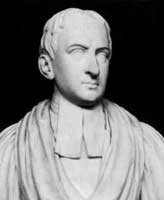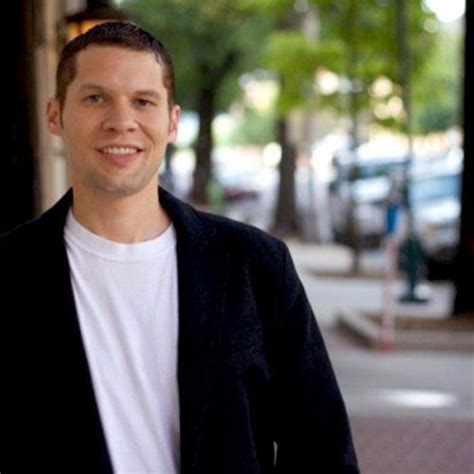A Quote by Kate Mosse
We are who we are, because of those we choose to love and because of those who love us.
Related Quotes
Inside us all are pieces of that which makes the neagitve. Demons are neither good nor bad. Like you, they have many facets. It is that inner essence, or drive, if you will, that we all have that guides us through our lives. Sometimes those voices that drive us are whispered memories that live deep inside and cause us such pain that we have no choice except to let it out and to hurt those around us. But at other times, the voice is love and compassion, and it guides us to a gentler place. In the end, we, alone, must choose what path to walk. No one can help us with it. (Menyara)
My friends say I'm a fool to think that you're the one for me, I guess I'm just a sucker for love. (love love) 'Cause honsetly the truth is that you know I'm never leaving, 'cause your my angel sent from above. (bove bove) Me and you can do no wrong. My money is yours give you a lil more 'cause I love ya, love ya. With me girl is where you belong... -Love Me
So it is with life. Those thorns, the prickly problems of life, cause us to strive to rise above them and then, as we do, we learn. We learn to exercise true compassion, true kindness - or the thorns, if we let them, cause us to brood, to mourn over our trials. Then we plant the seeds of bitterness, hate, and ruin - weeds. We may reach up for the rose or down to the weeds...the weeds in life that tangle us, strangle us, and cause us to lose hope.
As adults, if our top priorities are constantly directed toward the acquisition of more and better worldly goods, it will not take long to increase our love in those directions. The purchase of a larger house or a nicer car or a more expensive boat may cause us to sacrifice our resources and develop an unwise love for these symbols of success and pleasure. We learn to love that which we serve, and we serve that which we love.
Love is reckless; not reason. Reason seeks a profit. Loves comes on strong, consuming herself unabashed. Yet in the midst of suffering love proceeds like a millstone, hard surfaced and straight forward. Having died to self interest, she risks everything and asks for nothing. Love gambles away every gift God bestows. Without cause God gave us Being; without cause give it back again. Gambling yourself away is beyond any religion. Religion seeks grace and favor, but those who gamble these away are God's favorites, for they neither put God to the test nor knock at the door of gain and loss.
But shall gravity be therefore called an occult cause, and thrown out of philosophy, because the cause of gravity is occult and not yet discovered? Those who affirm this, should be careful not to fall into an absurdity that may overturn the foundations of all philosophy. For causes usually proceed in a continued chain from those that are more compounded to those that are more simple; when we are arrived at the most simple cause we can go no farther ... These most simple causes will you then call occult and reject them? Then you must reject those that immediately depend on them.







































